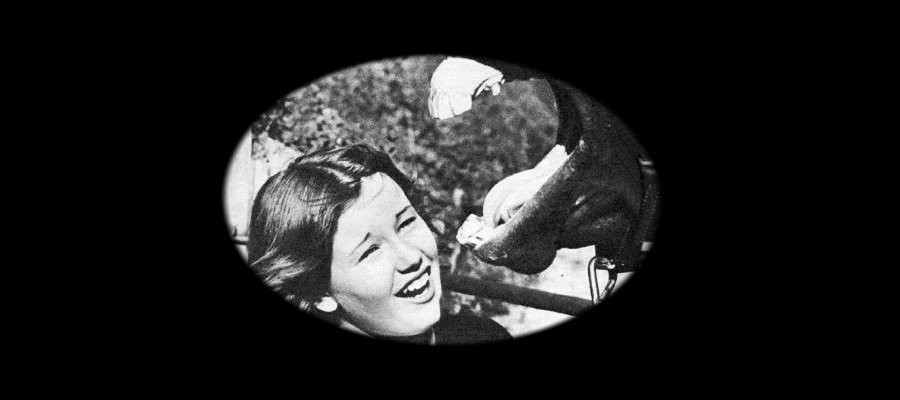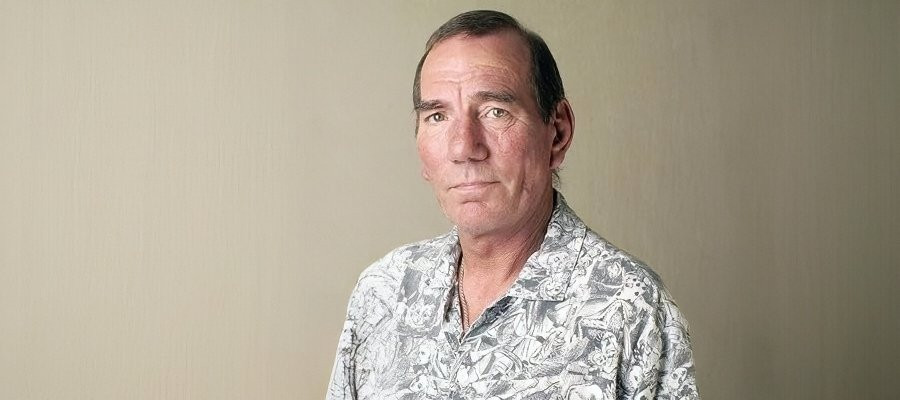
Pete Postlethwaite
Peter William Postlethwaite, OBE (1946–2011), was a uniquely gifted British actor whose extraordinary talent defied the limitations suggested by his unconventional looks and tongue-twisting surname. With a face that critics famously likened to “a stone archway” or “a bag of spanners”, Postlethwaite might have been destined for anonymity. Yet, he carved out a formidable career, acclaimed on stage, television and film, often in leading or pivotal roles that revealed his startling range and searing emotional depth.
Born in Warrington, Cheshire, the youngest child of Mary and Bill Postlethwaite—a school caretaker and barrel-maker—Pete was initially set on becoming a teacher. He trained at St Mary’s University College, Twickenham, before deciding to change course and become a Catholic priest. But acting soon took his interest. “You can’t possibly be an actor, somebody from Warrington,” he once reflected. “It’s not what you do.” Nevertheless, with grit and determination, he worked in a sheet-metal factory to fund his way through the Bristol Old Vic Theatre School.
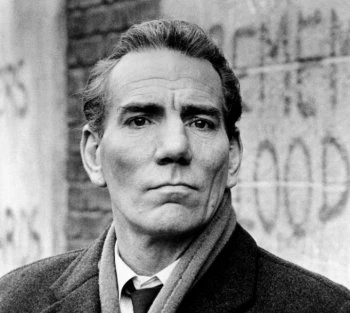
Postlethwaite’s theatrical career began in earnest at the Liverpool Everyman in the mid-1970s, under the guidance of directors John McGrath and Alan Dossor. There, in a vibrant ensemble that included Julie Walters, Jonathan Pryce, Antony Sher and Bill Nighy, he quickly distinguished himself. Whether playing the lead in Brecht’s Coriolanus with eye-popping intensity, or engaging in slapstick farce in Funny Peculiar, he stood out for his unflinching honesty, comic timing and underlying emotional volatility.
His relationship with major British theatres continued throughout his life. He played a compelling Aaron in Titus Andronicus (1978) and a sensitive Antonio in The Duchess of Malfi at Manchester’s Royal Exchange (1981). At the Royal Shakespeare Company, he was a favourite of directors like Adrian Noble, playing roles such as Banquo (Macbeth), Exeter (Henry V), and Ragueneau (Cyrano de Bergerac). Later in life, he triumphed in solo theatre work with Scaramouche Jones and made a bold, if controversial, return to the Everyman as King Lear in 2008.
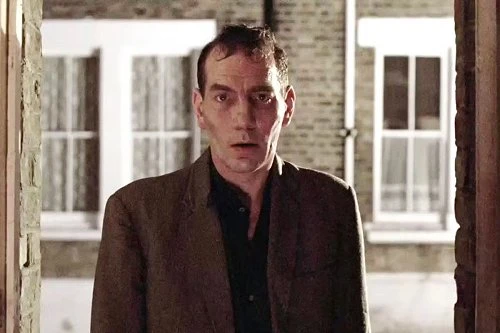
Though Postlethwaite began appearing in film and television as early as the mid-1970s, recognition was slow to follow. His small screen debut was in Thwum, a story in the anthology series Second City Firsts for the BBC. For the next ten to fifteen years, he turned up in single episodes of Last of the Summer Wine, Going Straight, Crown Court and Victoria Wood: As Soon on TV. In all of these he was billed as Peter Poostelthwaite. His breakout came with Distant Voices, Still Lives (1988), Terence Davies’s elegiac portrait of a post-war working-class family. As the authoritarian father, Postlethwaite was both brutal and tender, his performance setting the tone for a career built on complex, dual-natured characters.
Hollywood soon came calling. He appeared in Alien 3 and The Last of the Mohicans and gave a chillingly understated performance as Kobayashi in The Usual Suspects (1995), adopting a slippery accent and unsettling calm. That same year, he received an Academy Award nomination for Best Supporting Actor for In the Name of the Father, where he portrayed Giuseppe Conlon, an innocent man wrongly imprisoned for IRA-related crimes. His performance—haunted, proud, and suffused with dignity—was based on his own father.
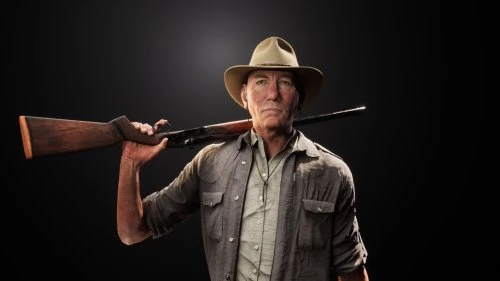
In Brassed Off (1996), Postlethwaite was Danny, a colliery band conductor keeping hope alive in a dying mining town. The performance—wry, proud, quietly devastated—remains one of his most beloved. That same year, he brought gravitas to Baz Luhrmann’s Romeo + Juliet as Friar Laurence and later appeared in Steven Spielberg’s The Lost World: Jurassic Park and Amistad (1997). Spielberg famously called him “the best actor in the world”—to which Postlethwaite quipped, “I'm sure what he actually said was, ‘The thing about Pete is he thinks he's the best actor in the world.’”
British television also continued to benefit from his presence. There were appearances in Minder, Lovejoy, Casualty, and Sharpe. He earned a BAFTA nomination for Martin Chuzzlewit (1994) and starred in acclaimed series such as The Sins (2000) and Criminal Justice (2008). Other notable roles included turns in The Shipping News (2001), The Constant Gardener (2005), Clash of the Titans (2010), and in 2010 he appeared in both Christopher Nolan’s Inception and Ben Affleck’s The Town.
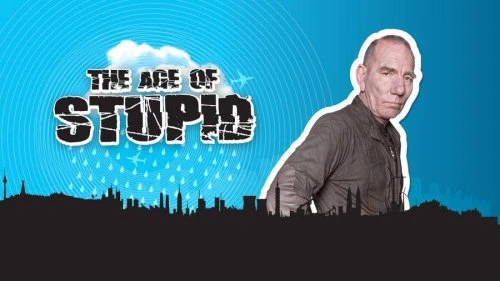
An active environmentalist and political campaigner, Postlethwaite made The Age of Stupid (2009), a documentary warning of climate catastrophe. He lived with his wife Jacqui and their two children, Will and Lily, in a Shropshire eco-home powered by wind and solar energy. When asked by The Guardian when he was happiest, he replied: “Last Sunday night in front of the fire, watching Mamma Mia! with Jax and our children.”
In 2004, Postlethwaite was appointed Officer of the Order of the British Empire (OBE) for his services to drama.
Pete Postlethwaite died of cancer on 2 January 2011, aged 64. His passing marked the loss of one of Britain’s most versatile and beloved actors—a performer whose “potato-faced” visage and working-class roots disguised a deep, intuitive artistry. Whether on stage or screen, he brought to each role a rare combination of humanity, humour, and fierce conviction.
Published on August 5th, 2025. Marc Saul.







